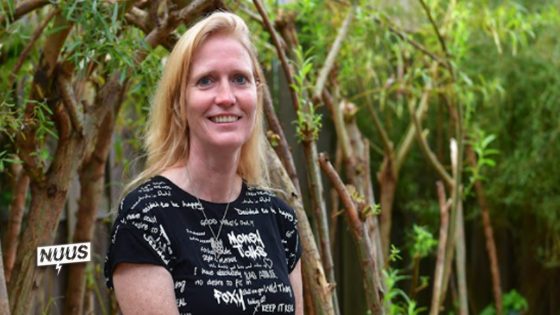Artificial intelligence in journalism is sparking fresh debate among Flemish News consumers. On 2025-06-17 10:59:00, new findings revealed a growing scepticism towards AI-produced news in Flanders. This shift marks a notable change from last year’s more optimistic attitudes.
- Vlamingen tonen groeiend wantrouwen in AI-nieuwsproductie
- Nieuwsmoeheid vooral bij jonge gezinnen en vrouwen
- Vlamingen vermijden nieuws door overvloed en negativiteit
- Desinformatiebezorgdheid stijgt, jongeren controleren bronnen beter
- Mediawijsheid stimuleert kritischer nieuwsgebruik en vertrouwen
- Publiek vraagt transparantie over AI-gebruik in journalistiek
More than half of Flemings now feel uncomfortable with news mainly generated by AI, a sharp rise from just 13 percent in 2024. This reflects increasing awareness of AI’s limitations and the demand for transparency in news production. But how does this scepticism affect overall news consumption in the region?
Understanding these attitudes helps US grasp the evolving media landscape in Belgium and its implications for trust and information quality. Let’s explore the key insights behind this trend and what it means for Flemish news audiences.
Why are Flemings increasingly wary of AI in journalism? It seems greater personal experience and media coverage of AI’s flaws have sharpened public awareness. The rise in news avoidance among young families also suggests a complex relationship with the media environment. Key points include:
- 62% avoid news due to information overload; 47% cite negative tone
- Women and 35-44 age group most likely to occasionally avoid news
- Only 22% feel comfortable with AI assisting journalists, down from 30% among youth last year
- Concerns over disinformation persist, rising from 20% in 2018 to 45% in 2025
As AI tools become more embedded in journalism, will Flemish audiences demand clearer labeling and ethical standards? Media literacy initiatives could empower consumers to navigate this complex news environment confidently. Staying informed and critical remains crucial as technology reshapes how we receive news in Belgium.
































